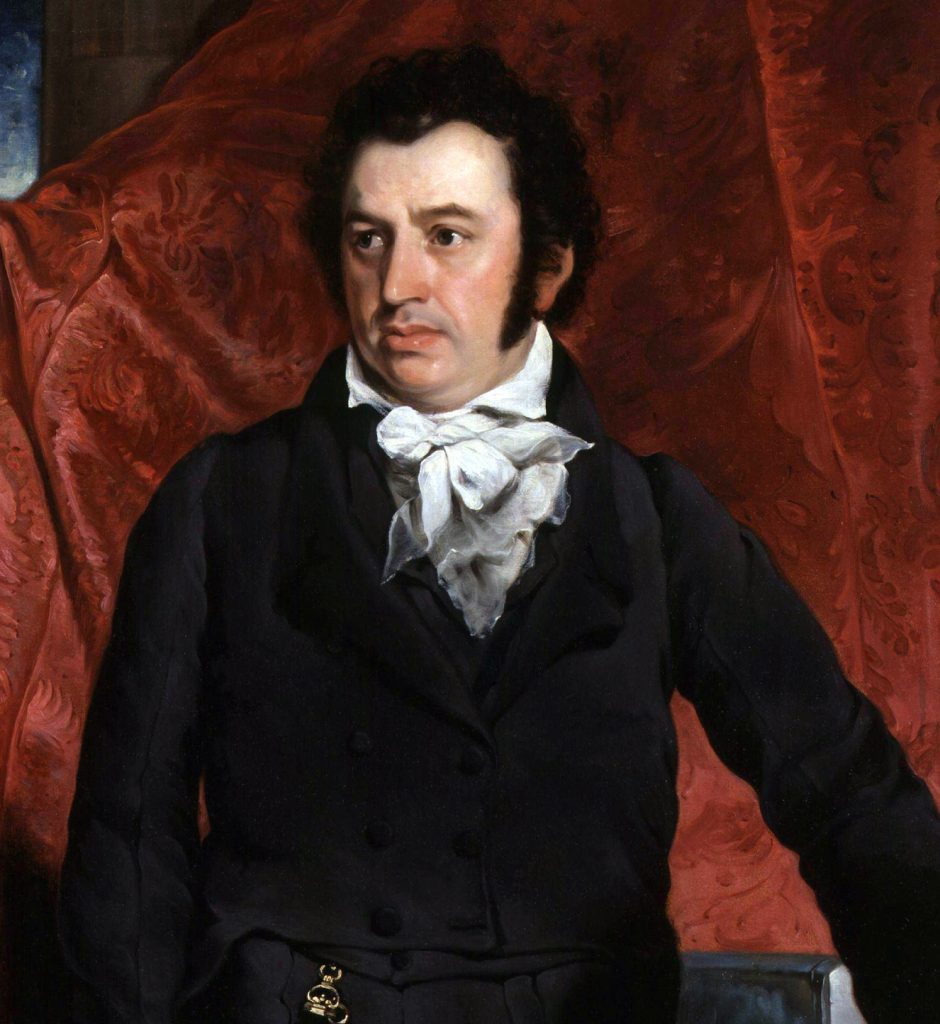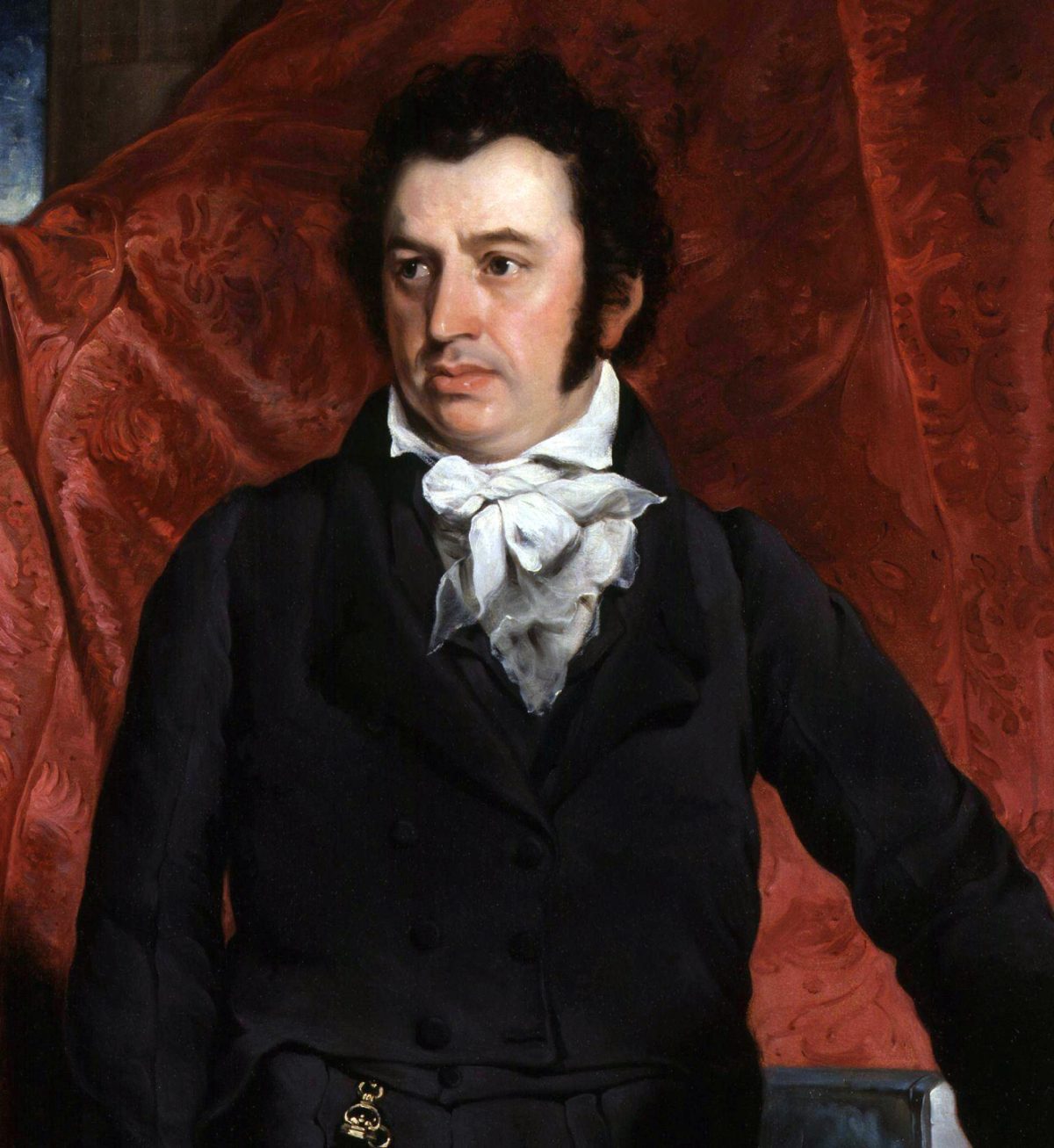
Protestant Pioneer in China – Robert Morrison
- - Biographical Sketch of Robert Morrison 00:00
- - His Preparation for Life Service 00:00
- - The Voyage to Canton 00:00
- - Restrictions Upon Foreigners at Canton 00:00
- - His Marriage and Appointment as Translator 00:00
- - Reinforcements Arrive at Last 00:00
- - Baptism of His First Convert 00:00
- - Completes the Translation of the Bible 00:00
- - Founding of the Anglo-Chinese College at Malacca 00:00
- - Assisted by an American Merchant 00:00
- - His Second Marriage and Enforced Separations 00:00
- - Morrison Reviews Twenty-five Years of Service 00:00
- - His Health at Canton 00:00
Robert Morrison was born on January 5, 1782, in Wingates, Northumberland, England, of humble parents. His father was a farm laborer at the time of his birth, but after Robert was three years old he removed to Newcastle and became a manufacturer of shoe molds and boot-trees. In time the lad was apprenticed to his father’s trade, working long hours.
In his fifteenth year he became an earnest Christian, joining the church, becoming a member of a Praying Society and devoting his evenings to the study of the Bible. By the fall of 1802 he had decided to enter the ministry and enrolled at Hoxton Academy, London, to prepare himself. Two years later, on May 27th, he applied to the London Missionary Society for an appointment as a missionary. At their suggestion, he transferred to the Missionary Academy at Gosport, and later to London, for his final studies.
On January 31, 1807, he embarked at Gravesend for New York which was reached after one hundred and nine days at sea. On the last morning of his stay, while settling for his passage, the New York merchant said, with a sarcastic smile, “And so, Mr. Morrison, do you really expect that you will make an impression upon the idolatry of the great Chinese Empire?” “No, sir,” was the instant reply, “but I expect God will.” On May 12th, he set sail from New York in the Trident, reaching Canton on Sunday, September 7th, seven months after leaving England.
He found China hostile to all western influences and teachings. No Chinese was permitted, under penalty of death, to teach the language to a foreigner and no foreigner was permitted to reside in the country for any purpose but trading. Concerning the outlook, he wrote: “China may seem walled around against the admission of the Word of God, but we have as good ground to believe that all the bulwarks shall fall before it, as Joshua had respecting the walls of Jericho.”
Two Chinese men were finally found who were willing to take the risk and were employed to help him in his study of the language and in his work of translating the Scriptures into Mandarin. On June 1, 1808, accompanied by his Chinese helpers, he removed to Macao. Here he became acquainted with Mary Morton and on February 20th of the next year they were united in marriage. On the same day he received and accepted the offer of the East India Company of a post as Chinese Translator at a salary of 500 pounds. This salary was later increased to 1000 pounds a year, thus providing ample funds for the purchase of Chinese books and the employment of helpers. He writes, however: “That I may be a good missionary is still my highest ambition.”
On July 4, 1813, he had the joy of welcoming a co-laborer, Milne, who, with his wife, had been sent out by the London Missionary Society to reinforce him. But opposition developed on the part of the Roman Catholics so that he was unable to remain in Macao or in Canton. Milne, therefore, made a tour of the Malay Archipelago, distributing the newly printed copies of tracts and the New Testament. Upon his report to Morrison, it was decided to establish at Malacca, what they termed The Ultra-Ganges Mission, under the direction of Mr. and Mrs. Milne.
While Milne was making his tour of observation, Robert Morrison had the joy of baptizing on July 16, 1814, his first convert, Tsae A-ko. Five years later, on November 25, 1819, he had the supreme satisfaction of completing the herculean task of translating the Old and New Testaments. Within the space of twelve years and three months he had overcome the hindrances, mastered a most difficult language and translated the Bible into that tongue. Four years later he completed the Anglo-Chinese dictionary.
Shadows, however, were deepening about the heroic pioneer. Mrs. Milne had passed away at Malacca six months before the completion of the Bible. On June 10, 1821, his beloved wife, Mary Morton Morrison, died of cholera. A year later, his co-worker, William Milne, died of tuberculosis, leaving an orphan son, Robert. Morrison adopted the orphaned lad and reared him with his two children, sending them all to England under the care of the wife of his brother, James.
After seventeen years’ absence, on March 20, 1824, Morrison arrived in England for his first visit to the homeland. With an eager heart he rejoined his children at his brother’s home. Many honors were showered upon him in recognition of his monumental achievements. In November, 1824, he married Elizabeth Armstrong of Liverpool and for the next two years made his home at Hackney, happy in the midst of his children.
But the call of his work drew him irresistibly to the far East and on May 1, 1826, with his wife and children, he sailed again for China. The years again swiftly passed and in 1832 he summarized his accomplishments in a written report. Only ten had been baptized, but by the work of dictionary building and translation, he had laid the foundation for an enduring Christian church in China.
In 1833, the health of Mrs. Morrison having seriously failed, he sent her and the younger children home to England. The next spring the British government abrogated the charter of the East India Company and he was appointed Chinese secretary and interpreter under Lord Napier. But his health suddenly failed under the added strain and on August 1, 1834, he passed away. His body was laid at rest beside that of his first wife and little child in Macao, center of his life work.

